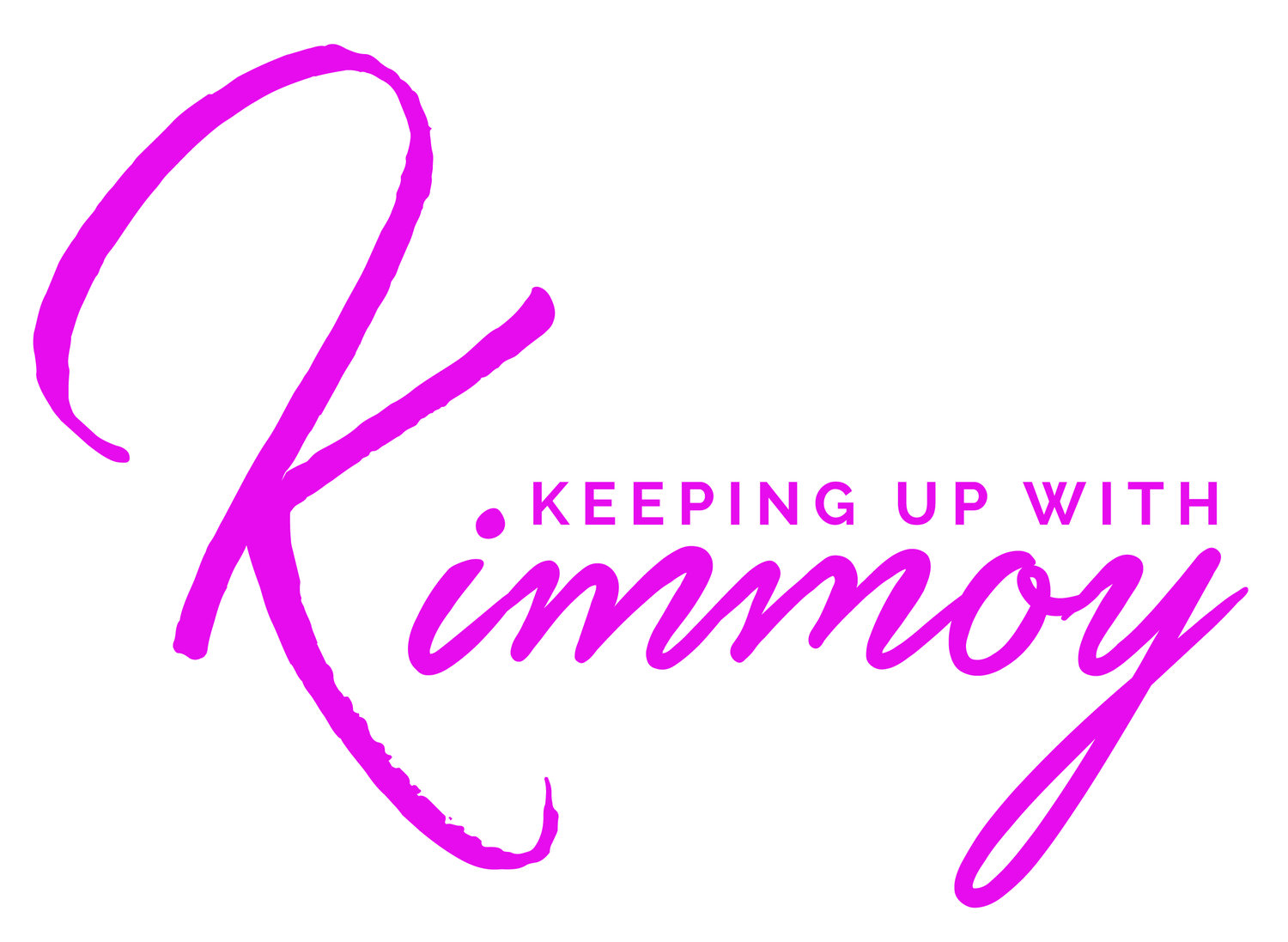The term “technical writing” kinda explains itself even though when you tell someone you’re a tech writer, they screw their face, tilt their head to the side, look up, and ask “What does that mean?” With deductive reasoning, you can assume you write about technical things or “techie” things. You also have to know how to write, right? Obviously.
However, outside of writing technical documentation, possessing the following skills will take you a very long way in your tech writing career:
Ask Questions
On job descriptions, you may see this skill listed as “requirements gathering” or “interviewing subject matter experts or stakeholders.” No, you don’t have to be the next Oprah, but you do have to be curious and ask a lot of questions. Barbara Walters has the ability to bring out the emotional side of people, Oprah has the ability to bring out the spiritual side, but you? You need to bring out the intellectual side. All the secret information locked away in someone’s tenure brain often requires strong interviewing skills. In many cases, you don’t get all the information you need in one sitting. Sometimes it takes re-phrasing the question in multiple ways, playing devil’s advocate, multiple brain dump sessions, and pulling teeth.
UX (user experience) Design
9 times out of 10, you’re writing a document that will be published on a website or mobile app. Rarely, you write materials that are solely used for print as a tech writer. With that being said, companies are becoming more and more aware of the user experience they create with their web design. Careful thought goes into not only the location of content or the colors used, but also the flow of information, and how to increase engagement or drive specific actions from users. UX designers get to play with fun things like buttons, toggles, radio buttons, navigation flows, dialogue boxes, tooltips, etc.
Guess what? In most cases, those elements need text! This type of text is called user-interface (UI) or user experience (UX) text. And that’s where you come in. I kid you not, I’ve had meetings where our sole focus was on whether 2 buttons should say “Cancel” and “Continue” or not. Not too long ago, I had to decide whether to leave a field blank or provide a greyed out example, like “www.example.com” so it's easier for users to complete.
These are legit decisions you get to make as a writer in tech. It's fun work and in recent years, I’ve seen a rise in demand for skilled writers to do more UI work.
Cut to the chase
In marketing materials such as blog posts, white papers, or thought leadership pieces, you have the luxury of storytelling and elaborating. You can provide ample examples and almost never have a character limit. However, in many cases, as a tech writer, you need to get the point across in a clear and concise manner.
Think about it, do you enjoy reading long manuals or instructions? Most of us usually skim through a help center article or hope and pray for a quick instructional video. What that means for you, as a tech writer, is that you find yourself deleting and editing. A lot.
You don’t get to embellish or use vocabulary that maybe you as a wordsmith would love to. You’re gonna have to save that for your novellas and other types of documentation. Why? It’s about knowing who your audience is and what they need to accomplish. When it comes to web and mobile apps, there's not a lot of room for long-form reading and comprehension.
Think you have the chops to become a writer in Tech? Sign up for this free 5-Day course to learn more what it takes to break into the industry.


